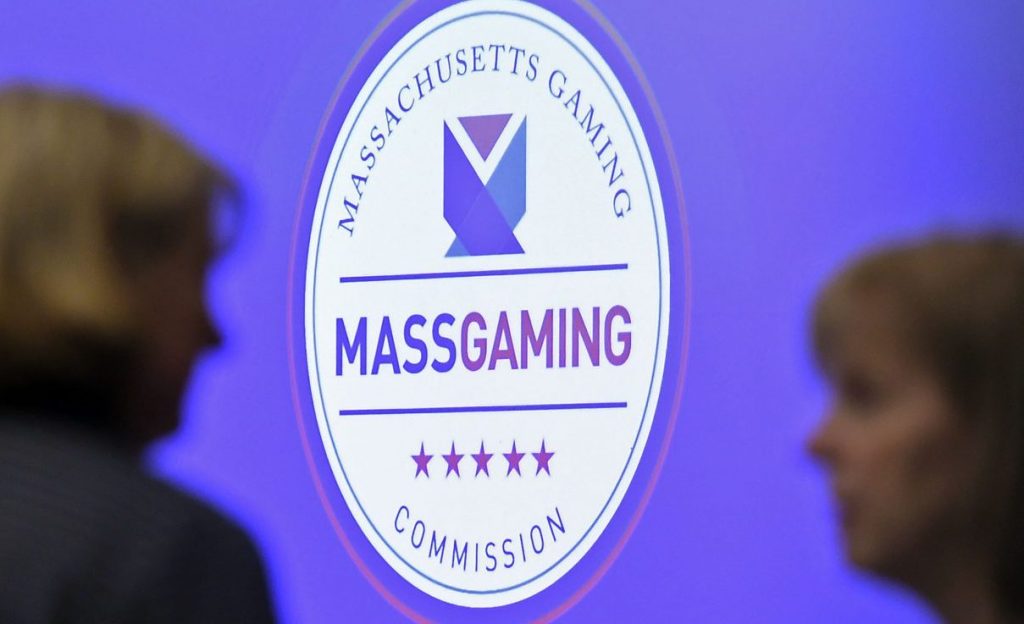Some Bay State gamblers have seen the amount they are allowed to bet limited by sportsbooks after they proved too good at picking winners, according to new information presented to the Gaming Commission on Tuesday.
In response to a request for more information on the matter issued by the commission last year, the state’s licensed sportsbooks have admitted to limiting the amount that some gamblers may wager due to their winning too frequently, while offering no extraordinary limit on the bets made by unlucky gamblers.
“Analysis confirmed that players who consistently beat the closing line are likely to have a lower stake factor, meaning have their limit lowered, and players who do not consistently beat the closing line are more likely to have a higher stake factor, meaning have their limit raised,” Carrie Torrisi, head of the Mass. Gaming Commission’s Sports Wagering Division, told the commission.
According to the commission’s data analysis, a little more than half of 1% of Bay State player accounts have seen their luck or skill met with limits on the amounts they can wager. Players are not informed when they see their gambling limited, and aren’t told why they have been limited.
Players that don’t play well are more likely to find themselves labeled as “VIPs” and players who do well and are limited are far less likely to receive VIP treatment, Torrisi explained.
How much an account is restricted varies, she said. Some are reduced to only being allowed to make wagers up to 90% or 75% of the operator’s regular limit. Some accounts, she said about 12% of those that are limited, have seen their betting limit dropped to 1% of the normally allowed maximum bet.
Commission Chair Jordan Maynard said that while only a very small percentage of gamblers saw their bet amounts limited, the data at least demonstrates that the complaints received by the commission last year that the practice is occurring have proven to be true.
Sportsbooks must manage risk, he said, and “patrons who take advantage of the legal market are often limited for justifiable reasons.” However, he noted impacted players are provided “little to no justification or notification” when they see a limit imposed.
A “key component” to the state’s decision to legalize sports betting in the first place was to do away with the illegal gambling market, Maynard said. Restricting the gambling of successful betters might drive them back to their black market bookies, he said.
Maynard said that the data analysis appears to show that it is the sports betting industry’s algorithms which are to blame for most player restrictions, and that human intervention would be “helpful” in preventing problematic limitations. Gamblers who aren’t taking advantage of the system, he said, should be allowed to participate just like everyone else.
“This is about fairness,” he said.
Dustin Gouker, of Closing Line Consulting, was brought on to examine the issue for the commission and he said that many impacted players “just want to know more about why their account was limited.”
Commissioner Brad Hill said that at the very least he’d like to see players notified when they face a betting limit, and that he’d prefer they be told why as well. His fellow commissioners agreed. Maynard said he wants to see the algorithms fixed and to see accountability for the issue.
Were the commission to go further than just requiring notification from bet takers that a gambler had been limited and set a restriction limit on the gambling companies, Gouker said sports books are likely to respond with fewer promotions, a higher vig, or by choosing other markets.
The commission took no immediate action in response to the data analysis and commissioners held information regarding specific sportsbooks licensed to do business in Massachusetts for non-public executive session.

